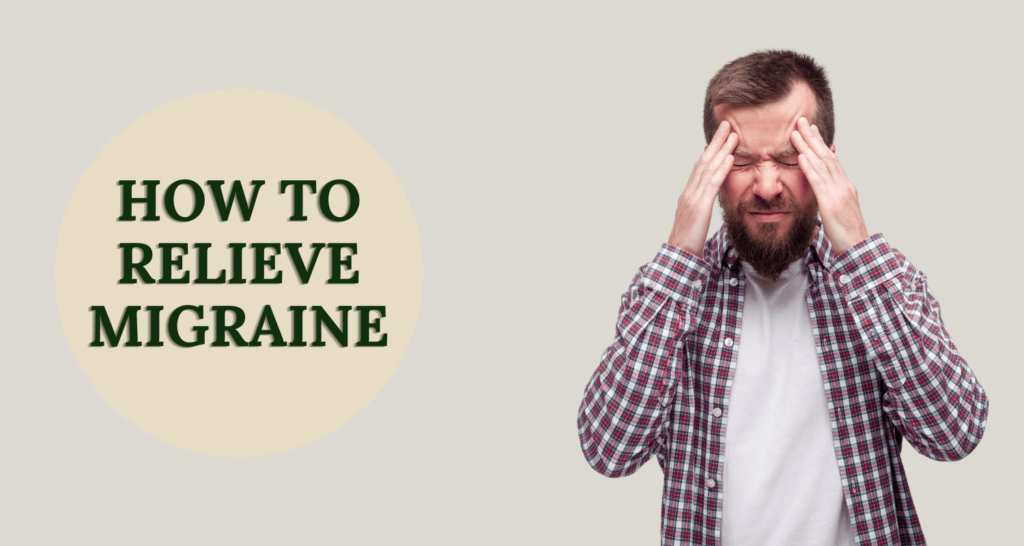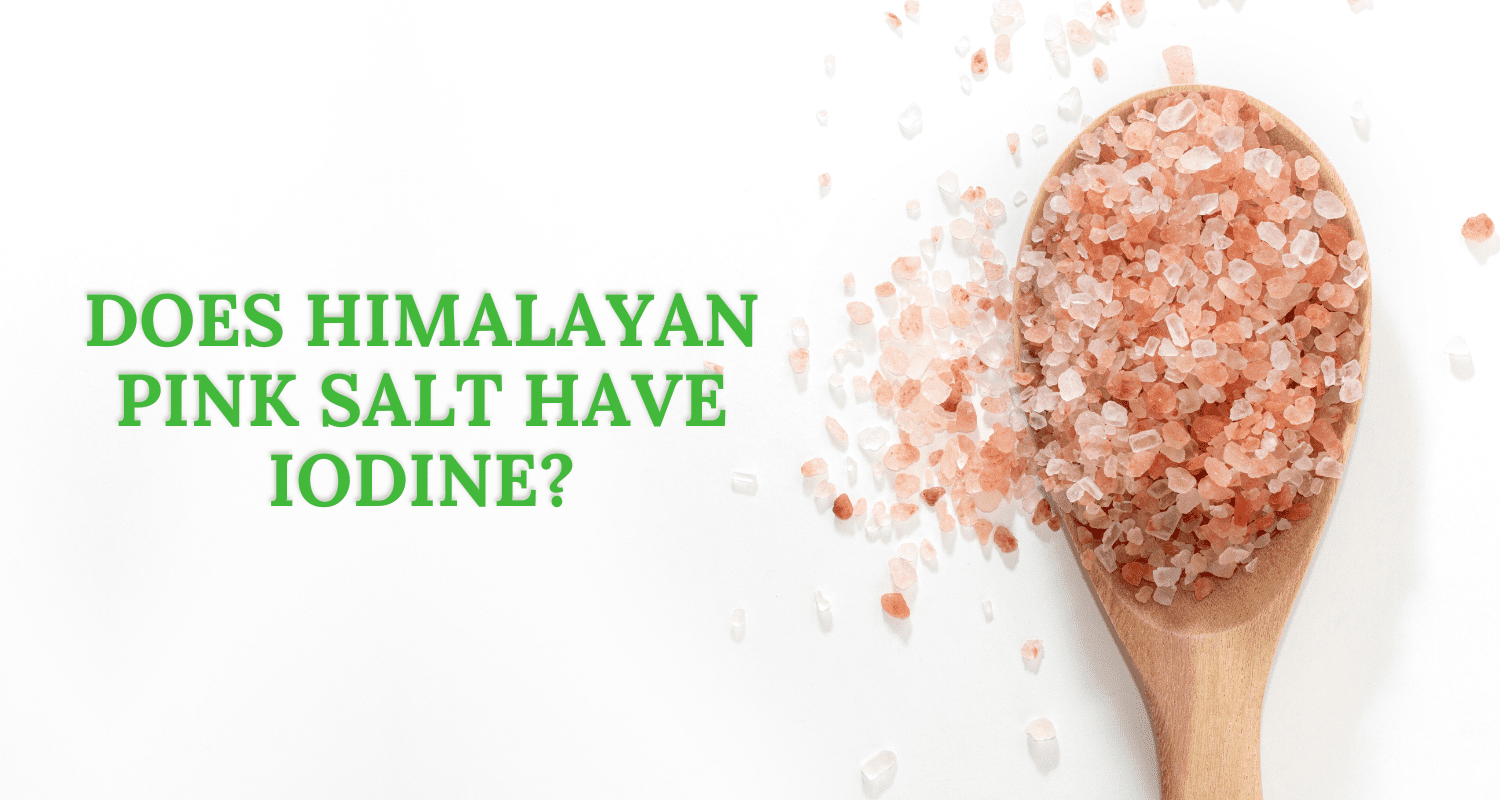Migraines can bring severe head pain, nausea, and a dislike for light and sound. If you suffer from them, finding relief is crucial. It’s essential to manage the pain and symptoms effectively.
There are many ways and natural remedies for how to relieve migraine. Combining medication, lifestyle changes, and care at home can greatly help. This can reduce how often you get migraines.
Let’s delve into how to relieve migraine.
Key Takeaways:
- How to relieve migraine? Find a calm environment and utilize temperature therapy to alleviate migraine symptoms.
- Establish regular sleep hours and engage in relaxing activities to improve sleep quality.
- Maintain a consistent eating schedule and avoid trigger foods to reduce the risk of migraines.
- Exercise regularly to release pain-blocking chemicals and manage stress, a common migraine trigger.
- Keep a migraine diary and strive for balance in life to identify triggers and develop effective management strategies for how to relieve migraine.
Find a Calm Environment and Use Temperature Therapy
When a migraine hits, it’s key to find a peaceful place as a first step for how to relieve migraine. Stepping away from things that trigger your migraine can ease the pain. It’s important to dim lights and cut down on noise since these can make migraines worse. Creating a calm space helps your body relax and lessens migraine effects.
Using hot or cold packs can also help with migraines. You can put a hot or cold compress on your head or neck for relief. Cold packs numb the pain area, while hot ones relax muscles and aid in relaxation. Trying both can show you what works better for your pain.
Drinking a little bit of caffeine early on can also ease migraine pain. Caffeine makes blood vessels narrower, which can lessen migraine pain. But, drink it in moderation. Too much caffeine or stopping it suddenly can cause headaches.
Creating a quiet place and using hot or cold packs are good ways to handle migraines. These steps can ease your pain and make migraine attacks more bearable.
Establish Regular Sleep Hours and Unwind at the End of the Day
Migraines can worsen with bad sleep, so a good sleep routine matters a lot. By sleeping and waking up at the same time daily, you fix your body’s clock. This works as one of the migraine prevention tips which boosts your sleep quality.
Stay away from things that ruin sleep like intense workouts, big meals, and caffeine before bed. These things mess with your sleep cycle. They make sleeping hard.
To relax before bed, try soothing music or a warm bath. These activities calm your mind and body. They prepare you for a good night’s sleep. A bedtime ritual helps your body know it’s time to sleep.
Create a Relaxing Sleep Environment
- Keep your bedroom cool, dark, and quiet to promote optimal sleep conditions.
- Invest in a comfortable and supportive mattress and pillows to ensure proper spinal alignment.
- Use blackout curtains or an eye mask to block out any unwanted light that may disrupt your sleep.
- Consider using white noise machines or earplugs to drown out any background noise.
Practice Healthy Sleep Habits
- Avoid napping during the day, especially close to bedtime, as it may interfere with falling asleep at night.
- If you’re struggling to fall asleep, try relaxation techniques such as deep breathing exercises or progressive muscle relaxation.
- Limit the use of electronic devices, such as smartphones and tablets, before bed as the blue light emitted can interfere with the production of melatonin, a hormone that regulates sleep-wake cycles.
Making regular sleep hours and relaxation at night a priority helps your sleep and cuts migraine risk. A rested mind and body are key to health and happiness.
Maintain a Consistent Eating Schedule and Avoid Trigger Foods
Eating habits can deeply influence migraines. It’s key to eat at the same times every day to avoid them. Not eating meals can lead to migraines, so make sure you’re eating regularly.
Keeping a food diary is a smart move. Write down everything you eat and track any migraines that follow. This helps you spot which foods might be causing problems.
When you know which foods are bad, it’s wise to stop eating them. Foods like aged cheese, chocolate, drinks with caffeine, and alcohol can trigger migraines. By cutting these out, you might have fewer and less severe migraines.
Exercise Regularly and Manage Stress
Working out often is key in handling migraines. Physical activity releases chemicals that stop pain signals to your brain. This provides migraine relief. Exercise also lowers anxiety and depression, which can make migraines worse.
Staying at a healthy weight through exercise and eating well helps with migraines too. Being overweight is linked to migraines. Losing extra weight can help prevent and decrease them.
Managing stress is also crucial in controlling migraines. Stress and migraines are closely related. Stress can often trigger migraines. By making your life simpler, organizing your time, and taking breaks, you can cut down on stress. This may lead to fewer and less severe migraines.
Make time for fun activities and practice relaxation techniques. Deep breathing, meditation, and similar methods can soothe your mind and lessen stress. Adding these techniques to your day can boost your overall health and lessen migraine pain.
Benefits of Regular Exercise and Stress Management for Migraines:
- Release of chemicals that block pain signals and reduce anxiety and depression
- Maintenance of a healthy weight to prevent and manage migraines
- Reduced stress levels, a common trigger for migraines
- Improved overall well-being and quality of life
By adding regular workouts and good stress management to your routine, you gain control over migraines. Talk to your doctor to make a plan that’s right for you. This plan can help manage your migraines better.
Keep a Migraine Diary and Strive for Balance
Living with migraines can be tough. Keeping a migraine diary helps in spotting triggers and patterns. You jot down your daily activities, what you eat, your sleep, and stress levels. This lets you see what might be causing your migraines.
Balance in life is key when handling migraines. Choose healthy habits like sleeping well, exercising, and managing stress. These choices can boost your well-being. They also lessen migraines’ toll on your day-to-day life.
Getting support from friends or groups is crucial. It provides emotional backing while dealing with migraines. Talking about your struggles with those who get it can ease loneliness. It can also offer useful ways to cope.
It’s vital to actively manage your pain. Try different self-care methods like relaxation, meditation, or light stretches. What helps differs for everyone. You might need to test various approaches to find what’s best for you.
By maintaining a migraine diary, seeking balance, and managing your condition, your well-being will improve. You’ll also take back control over your life. Always talk to a healthcare pro for advice and treatment tailored to you.
Use Cold or Heat Therapy and Avoid External Compression Headaches
Cold therapy and heat therapy can help with migraines. When you get a migraine, putting a cold compress on your forehead can ease the pain. This works by making blood vessels smaller and slowing nerve pain signals.
On the other hand, heat therapy eases tension headaches. Placing a heating pad on your neck or back of your head relaxes tight muscles. This reduces headache pain.
It’s also key to steer clear of external compression headaches. These headaches happen from wearing tight headgear or swimming goggles. Choosing loose-fitting hats and goggles can help avoid these headaches.
Protect Yourself from Light and Avoid Excessive Chewing
Bright or flickering light can trigger migraines. They bring significant discomfort and pain.
To protect yourself, it’s crucial to take specific steps for headache relief techniques:
- Use blackout curtains during the day to avoid too much sunlight and bright lights.
- Wear sunglasses outdoors to protect your eyes from harsh sunlight and glare.
- Stay away from brightly lit areas for long times, especially those with fluorescent lights.
- Lower the lights at your home or office to make a calmer, migraine-friendly space.
Just like light sensitivity, too much chewing can lead to migraines too. To lessen the risk, here are some tips:
- Stay clear of chewing gum and foods that are sticky or hard to chew.
- When you eat, taking small bites can help reduce jaw muscle strain.
- Avoid habits like biting your nails or chewing pens to cut down on jaw movement.
Hydrate, Try Caffeine, and Practice Relaxation Techniques
Hydration is key in fighting migraines. Drinking enough water stops dehydration-related headaches. Good hydration helps keep blood flowing well. This means the brain gets the oxygen and nutrients it needs, lowering migraine chances.
Caffeine can also ease migraine pain. But, it’s best to enjoy it in small amounts. Too much can lead to headaches from caffeine withdrawal. Always talk to a doctor about how much caffeine is okay for you.
Relaxation techniques do wonders for migraine relief and stress reduction. Practices like deep breathing, meditation, and massage ease symptoms. Adding these natural remedies for migraine to daily life can cut stress, which often triggers migraines.
Tips for Hydration:
- Carry a reusable water bottle to ensure you drink water all day.
- Set reminders so you remember to hydrate regularly.
- Drink more water when it’s hot or when you’re active.
- Water is essential before, during, and after meals for hydration.
Caffeine Tips:
- Enjoy caffeine in small doses to avoid health problems.
- Start with a little caffeine and see how your migraines react.
- Don’t drink caffeinated drinks before bed to avoid sleep issues.
- Try green tea or cocoa if coffee is too strong for you.
Relaxation Techniques:
- Try deep breathing by taking slow breaths in through the nose and out through the mouth.
- Consider meditation or mindfulness to help you relax and reduce stress.
- Regular massages or self-massages can loosen tension and offer relaxation.
- Activities like yoga or tai chi are great for calming the mind and body.
Staying hydrated, using caffeine wisely, and relaxing can help control migraines. Yet, always get advice from a healthcare provider that fits your needs.
Conclusion
How to relieve migraine? Migraines can be managed with lifestyle changes, self-care, and natural remedies. These steps can lessen migraines’ frequency and intensity. Finding a calm environment, setting regular sleep schedules, eating consistently, and exercising can help.
Managing stress and using hot or cold compresses are good for relief. It’s also vital to identify what triggers your migraines. Keeping a migraine diary helps in finding a balance in life. Working with a healthcare provider, you can make a plan for how to relieve migraine that suits your needs. This will help in your migraine journey.
Every person reacts differently to migraine relief methods. Finding the right mix might take time. With patience and hard work, you can discover effective ways to lessen migraines.
FAQs
How to relieve migraine?
To relieve migraines, try resting in a quiet, dark room, applying a cold compress to your head, and taking pain-relieving medication prescribed by your doctor.
How do you get rid of a migraine fast?
To quickly get rid of a migraine, consider using over-the-counter pain relievers like ibuprofen or acetaminophen, applying a cold pack to your forehead, and resting in a quiet environment.
What is the pressure point for migraines?
The pressure point for migraines is located between the base of your thumb and index finger. Applying firm pressure to this area may help alleviate migraine symptoms.
How can migraine be treated naturally?
Natural treatments for migraines include managing stress, staying hydrated, practicing relaxation techniques like yoga or meditation, and using essential oils like peppermint or lavender for aromatherapy.
What helps a migraine come on?
When you feel a migraine coming on, try drinking a glass of water, resting in a dark room, applying a cold compress to your forehead or neck, and avoiding triggers such as bright lights or strong odors.
Disclaimer: This content, including advice, provides generic information only. It is not a substitute for a qualified medical opinion. Always consult a specialist or your doctor for more information. Nutrition Cult does not claim responsibility for this information.




